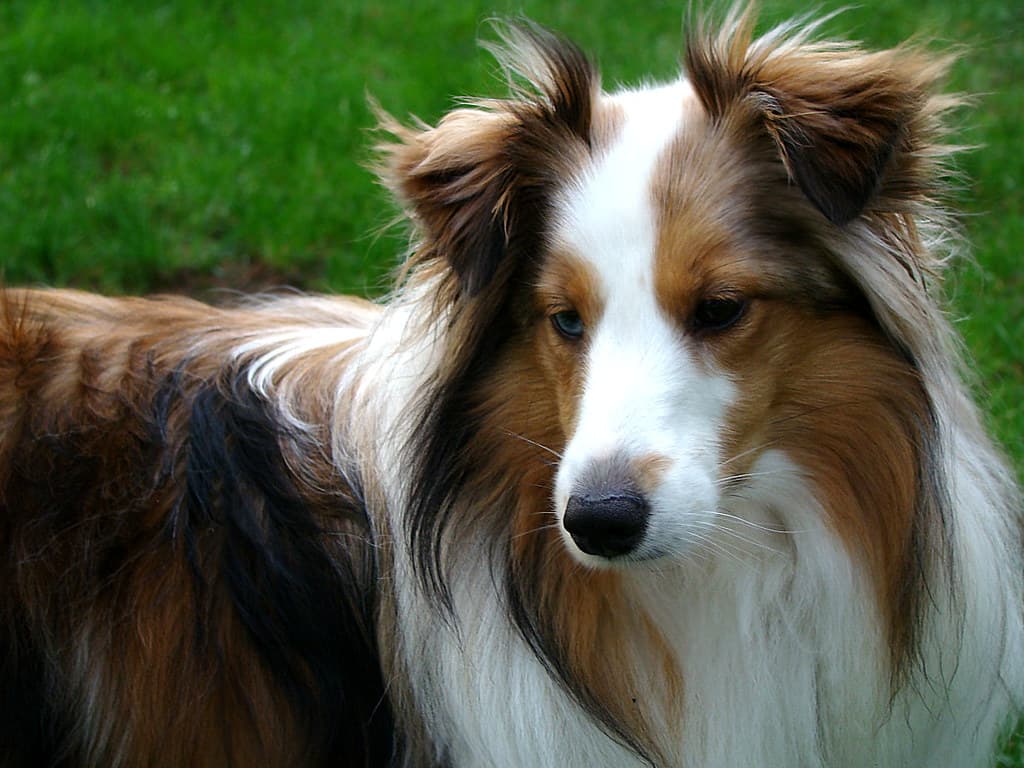Giardia is a common intestinal parasite that affects both humans and animals. As a pet owner, you might be concerned about the possibility of contracting this parasite from your furry friend.
We’ll discuss Giardia in detail, focusing on its symptoms, causes, treatment, and the potential transmission from your dog.
So, could you get Giardia from your dog? Keep reading to find out.
What Is Giardia?
Giardia is a microscopic parasite that causes an infection called giardiasis. These parasites infect the small intestines and can cause a variety of gastrointestinal symptoms, such as:
- Diarrhea
- Gas
- Abdominal cramps
- Nausea
- Vomiting
- Weight loss
Giardia is often contracted through contact with contaminated water, food, or surfaces. Infection can occur by ingesting the parasite cysts, which can survive for long periods in the environment.
Treatment for giardiasis typically involves a course of antibiotics, and most people recover completely with appropriate care.
Giardia in Dogs
Similar to their human counterparts, dogs can also suffer from giardiasis. This infection is more common in younger dogs and those with weakened immune systems.
Symptoms in dogs vary and may include:
- Diarrhea (often foul-smelling)
- Vomiting
- Weight loss
- Poor coat condition
- Dehydration
Dogs can contract Giardia from ingesting cysts found in contaminated water, soil, or other surfaces. Treatment may involve a combination of medications, diet modifications, and environmental decontamination to minimize reinfection chances.
Can You Get Giardia From Your Dog?
To answer the burning question: yes, it is theoretically possible to contract Giardia from your dog. However, the transmission is not as direct as one may think.
Humans typically do not contract the infection through direct contact with an infected dog’s feces. Instead, transmission occurs through ingestion of the cysts present in the environment.
Common ways of contracting Giardia include:
- Drinking contaminated water
- Touching contaminated surfaces and then touching your mouth
- Consuming contaminated food
Some factors that can increase your risk of contracting Giardia from your dog include:
- Failing to wash your hands after cleaning up your dog’s waste or playing with your dog
- Allowing your dog to drink from untreated water sources (e.g., puddles, ponds)
- Not practicing proper hygiene and sanitation in your home
It is essential to take preventative measures, such as:
- Always wash your hands with soap and water after handling your dog or cleaning up their waste
- Ensuring that your dog has a clean, safe water source to drink from
- Regularly cleaning your dog’s environment, including bedding, toys, and dishes
- Consulting with your veterinarian about regular parasite screenings and treatments
The Role of Dog Licking in Giardia Transmission
Now, let’s talk about dog licking. Dogs often lick themselves, their environment, and their favorite humans as a natural behavior.
But could your dog’s innocent kisses be a risk factor for Giardia transmission?
While it is theoretically possible that your dog’s mouth may come into contact with Giardia cysts, the likelihood of transmission through licking alone is quite low.
However, to minimize any potential risks, you can:
- Keep your dog’s environment clean by regularly washing their bedding and toys
- Avoid letting your dog drink from potentially contaminated water sources
- Discourage excessive licking, especially if you have open wounds or broken skin
- Consult with your veterinarian for any concerns or recommendations
In summary, it’s important to understand the risks and transmission methods associated with Giardia.
Although direct transmission from your dog’s licking is unlikely, you can take practical steps to minimize your risk by maintaining good hygiene and sanitation practices.
If you suspect your dog might have Giardia, consult with your veterinarian for appropriate testing and treatment options.
Stay informed, and keep your pet healthy and happy!
